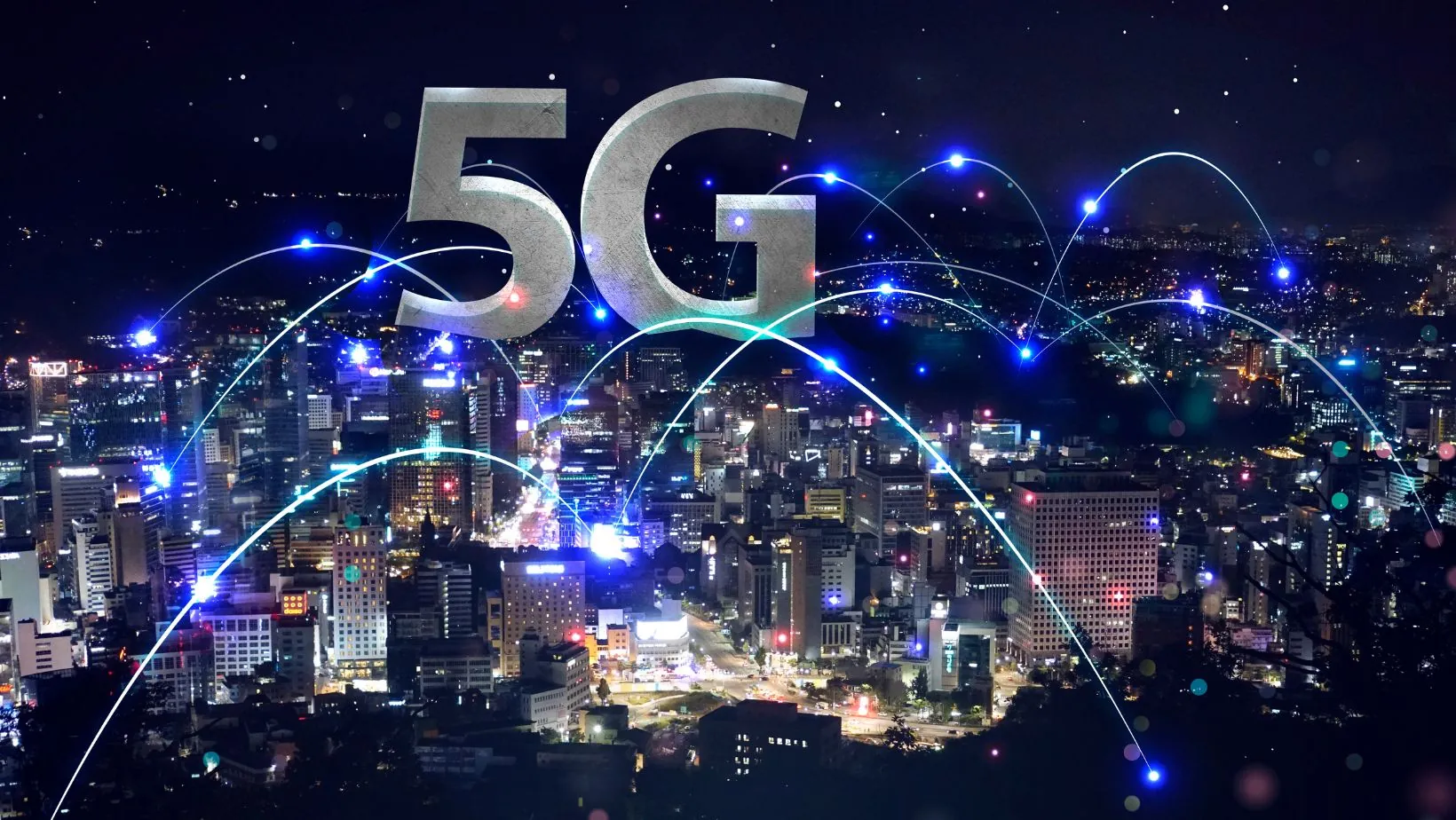Gaming, in addition to providing entertainment, has become an integral component of human existence, recognized for its ability to enhance creativity, improve cognitive acuity, and alleviate stress. A journey that began with arcade games in the 1970s has transformed into the most advanced form we could have envisioned. The evolution from the 1990s, when online gaming originated, to the smartphone age facilitated by 3G and 4G networks has been remarkable. The contemporary video game experience is characterized by incorporating extended reality (virtual and augmented reality), expanding the limits of what was previously considered unattainable.
Each phase of this progression is closely linked to connection, and now, with the emergence of 5G, we are poised on the brink of a gaming revolution. The previous network generations limited immersive gaming experiences due to inadequate speed and capabilities; however, the emergence of high-speed home networks and 5G connectivity has eliminated these constraints, initiating a new era in which multiplayer games effortlessly connect friends worldwide via their smartphones.
4G vs. 5G Latency
Gaming and eSports lead in technological advancements, with the exception of mobile platforms. Mobile networks have historically suffered from a critical deficiency for gamers: elevated latency. The latency between pushing a button and a character doing an action is greater than that experienced with a wired connection.
Although online gaming systems have improved in masking the impacts of excessive latency, the overall experience and likelihood of winning remain inadequate. The potential loopback latency of 4G, defined as the round-trip time for data transmission from the cell phone to the network and back, is 20 milliseconds (ms); however, the actual average is 50 ms. This results in a player seeming sluggish in response relative to someone using fiber-optic internet, which has a median latency of 15 ms.

In a 5G network, the transformation in latency is nothing short of revolutionary. With loopback latency potentially reaching as low as 2 milliseconds, the 5G player would suddenly possess a competitive edge. This leap in technology not only represents a development of 4G but also positions the gaming industry at the forefront of improvements across all sectors, sparking excitement for the future of gaming.
5G Transforming iGaming
Conventional gaming isn’t the only industry reaping the rewards of ultra-fast 5G connections; the iGaming industry is also benefiting from 5G technology.
5G is about more than just basic internet speed; it provides a strong foundation for the igaming industry to experiment with more powerful technologies, such as live dealer games and more – definitely check it out if online casinos are your preferred gaming style.
By augmenting speed, minimizing latency, and facilitating next-generation technologies like VR and AR, 5G is reshaping the iGaming industry into a more immersive, customized, and smooth gambling experience. This transformation is not just an upgrade; it’s a revolution that will change the way we experience online gaming.
As 5G proliferates internationally, it will provide these advancements to users worldwide. Whether you are a casual gamer or an avid bettor, 5G represents the future, enhancing the gaming experience by making it quicker, more exhilarating, and more accessible than ever before.
Exceptional Value For Gamers
5G’s low latency, high bandwidth, and enhanced data transfer rates reduce delays in online multiplayer gaming, resulting in more responsive interactions. This technique enables cloud gaming by allowing real-time streaming of games with extensive graphics from the cloud, therefore reducing the need for robust local hardware.
The possibilities of 5G are enhancing virtual and augmented reality games, as minimal latency and elevated data throughput facilitate more immersive encounters. Essentially, 5G cloud gaming facilitates the creation of a fully immersive gaming ecosystem that engenders a sense of participation in the game.
5G Will Facilitate The Emergence Of Novel Game Forms
5G facilitates the development of revolutionary mobile gaming solutions, including real-time internet capabilities, which, when integrated with AR (augmented reality) and VR (virtual reality), will revolutionize gaming experiences.
Augmented and Virtual Reality are projected to comprise up to 50 percent of 5G traffic, excluding esports gaming video streaming. Although such ambitious predictions may not always come to fruition, the advancements in 5G are sufficient to significantly impact the gaming business.
5G Gaming Will Influence Other Industries
Historically, the gaming business has pioneered revolutionary technology that has been subsequently adopted by other sectors. Oculus developed its Rift VR headgear for gaming; nevertheless, it is presently used by training surgeons to create an immersive operating room environment.

The novel mobile gaming technologies facilitated by 5G will also find applicability in the fashion, cosmetics, interior design, healthcare, military, and security sectors. Low-latency augmented reality may assist physicians in treating or offering enduring assistance for disorders like vertigo or color blindness. The cosmetics business now uses augmented reality to enable clients to virtually试 buy items, and implementing 5G will enhance and broaden the accessibility of these in-store experiences.
5G provides technological advancements that will allow significant innovation in the gaming business. Although the complete deployment of 5G will take many years, major cities that get 5G first will rapidly foster novel gaming experiences. These first advancements will rapidly disseminate throughout several sectors, generating up to $1.3 trillion in value during the next decade.
Commercial Prospects For Service Providers
Gaming generates significant economic prospects for service providers and the broader gaming ecosystem. With 5G slicing enhancing performance management to provide an optimal user experience, a feature sought after by many gamers, service providers have a golden opportunity to offer premium services. This is a method via which service providers may capitalize on the 5G network. The anticipated growth in cloud gaming creates considerable opportunities for service providers to offer and monetize various capabilities, including network slicing and edge computing, painting a bright future for the gaming industry.
The Future is Fast; the Future is 5G
In summary, 5G has the capacity to transform the gaming industry by providing a swifter, more dependable, and lower-latency framework for developing and experiencing more immersive gaming environments. The advent of 5G cloud gaming has emerged, dismantling limitations and forging a future in which gaming is limitless.



